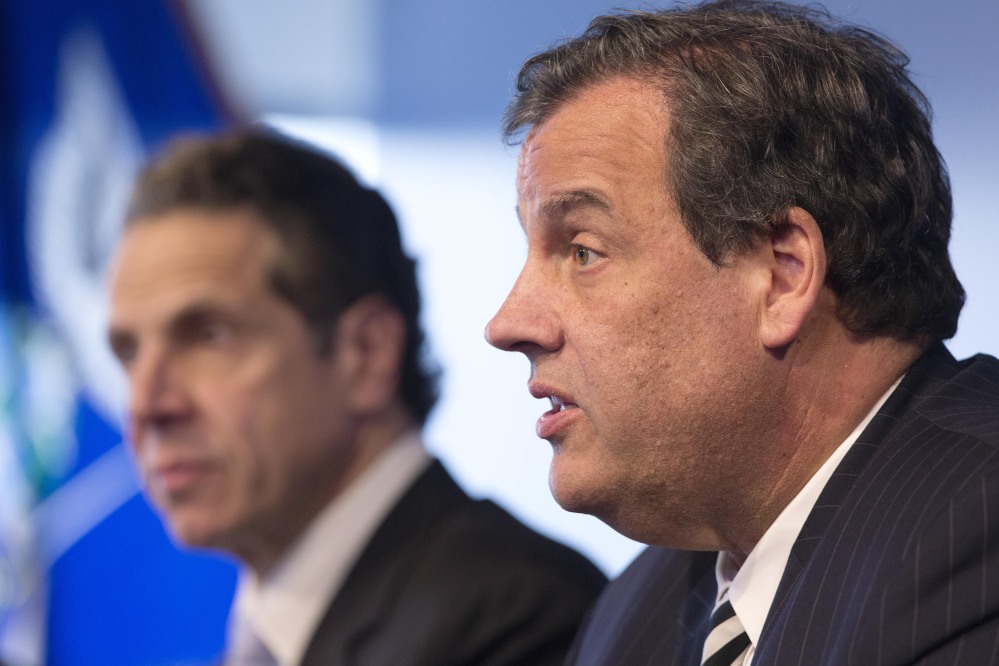NEWARK, N.J. — The health care worker who was quarantined at a New Jersey hospital because she had contact with Ebola patients in West Africa is sharply criticizing the way her case has been handled.
Kaci Hickox, the first traveler quarantined under Ebola watches in New Jersey and New York, gave a first-person account to the Dallas Morning News, which was posted on the paper’s website Saturday.
Hickox said she was stopped at Newark Liberty International and was questioned over several hours after touching down Friday. She said none of those who questioned her would explain what was going on or what would happen to her.
Hickox is a nurse who had been working with Doctors Without Borders in Sierra Leone. Officials said she was taken to a hospital after developing a fever, but Hickox said she was merely flushed because she was upset by the process.
Hickox tested negative for Ebola in a preliminary evaluation. Hospital officials would not say whether she would remain in the hospital for the entire 21-day, state-ordered quarantine period or be moved to another location.
The Ebola watch mandates 21 days of quarantine of medical workers and other airline passengers who have had contact with Ebola victims.
“This is not a situation I would wish on anyone, and I am scared for those who will follow me,” Hickox said of her quarantine. “I am scared about how health care workers will be treated at airports when they declare that they have been fighting Ebola in West Africa. I am scared that, like me, they will arrive and see a frenzy of disorganization, fear and, most frightening, quarantine. … The U.S. must treat returning health care workers with dignity and humanity.”
Udi Ofer, executive director of the American Civil Liberties Union of New Jersey, raised similar concerns about the quarantine. He said New Jersey Gov. Chris Christie must provide more information about how it was determined that mandatory quarantines were medically necessary.
Ofer said the government’s response should not be driven by fear, noting that “forcibly detaining people” can frighten the public and may deter genuinely sick people who fear quarantine from seeking treatments.
He also said it could discourage caregivers and first responders from helping sick patients.
Send questions/comments to the editors.



Success. Please wait for the page to reload. If the page does not reload within 5 seconds, please refresh the page.
Enter your email and password to access comments.
Hi, to comment on stories you must . This profile is in addition to your subscription and website login.
Already have a commenting profile? .
Invalid username/password.
Please check your email to confirm and complete your registration.
Only subscribers are eligible to post comments. Please subscribe or login first for digital access. Here’s why.
Use the form below to reset your password. When you've submitted your account email, we will send an email with a reset code.